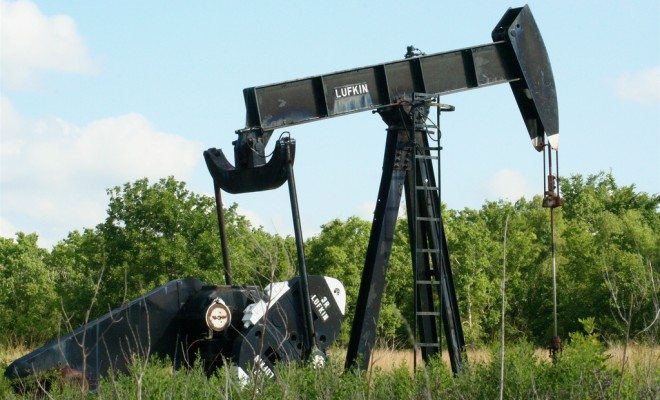
News
Court Rules BP Must Stick to Agreement it Signed
It’s safe to say that BP became one of the most hated companies in America in April of 2010 for causing the biggest oil spill to happen in the Gulf of Mexico off the coast of Louisiana. Almost 5 million barrels of oil ended up in the water. Needless to say, the Gulf States were affected by the tremendous damage, and some individuals and businesses continue to suffer even now.
Facing not just an image crisis, but also the potential for hundreds of lawsuits, BP started compensating businesses and individuals soon after the spill started. The swift action looked good for the company, but recently, has proven to be a headache for its legal team.
The actual agreement to compensate individuals and businesses after the spill took almost two years to develop- it was completed in December 2012. But it didn’t take long for BP to take exception with how the settlement was applied. Late last year, BP tried to stop paying settlements for two reasons: first, because the formula being used to calculate claims was inflating the amount of money people received, and second, too many of the claims being awarded couldn’t be tied directly to the spill. If BP got its way, it would owe a lot less money to a lot fewer people.
BP argued in court that the terms of the settlement were being misconstrued and taken advantage of- but the court disagreed. 2 of 3 judges on an appeals panel said that while certain accounting methods need to change (a win for BP’s first claim), the company agreed to the terms of this settlement, and now has to stick to them. According to a company spokesman, BP is considering the possibility of an appeal.
Companies battling out the terms of an agreement in court aren’t particularly unusual, but this case is interesting because of the circumstances surrounding the agreement, and how BP has responded as a company. The settlement was drafted over a two-year period; it wasn’t created in a day, or even a month. But the settlement was certainly great PR for the company. While it didn’t undo everything that happened during the spill, it showed the company was willing to work with those who had been negatively affected by its actions.
With that said, throughout the course of developing this agreement, BP could have had any kind of financial expert look over the calculations. It should be safe to assume that someone from BP looked over the math, because as the appellate panel pointed out, BP agreed to the terms of the settlement before signing them. BP now claims that the formulas used were too broad or not accurate enough, but in the two year period leading up to the deal being signed, we should wonder whether that question ever came up.
And the same goes for BP’s contention that too many business and individuals who can’t prove they were affected by the spill are getting money. If there was a loophole so large, one that didn’t narrow the beneficiaries of the settlement to people affected by the spill- wouldn’t BP have caught that? Additionally, while they aren’t required to provide supplemental documentation while making the claim, individuals and businesses that apply for money from the company are held to the penalties of perjury. Circuit Judge Leslie Southwick noted the settlement’s claims “are not as protective of BP’s present concerns as might have been achievable, but they are the protections that were accepted by the parties and approved by the district court.” Basically, BP had the opportunity to narrow the definitions and procedures used in the settlement, but they didn’t.
But the bigger picture here might be that companies, no matter how big, can’t just renege on a settlement they debated and eventually agreed to. BP is paying billions more than it expected to as a result of this settlement. And understandably, it’s probably looking for a way to minimize the loss. But BP should have thought ahead when it agreed to a settlement that wasn’t as precise as possible. Of course, it’s also possible the company had no problems with the settlement until it realized just how much money it would have to hand over to people filing claims. According to BP’s website, the company has already shelled out over $11 billion, and people are still filing claims.
Whatever happens, BP is turning into a prime example of an agreement gone wrong.
—
Molly Hogan (@molly_hogan13)
Featured Image Courtesy of [Roy Luck via Flickr]








Comments